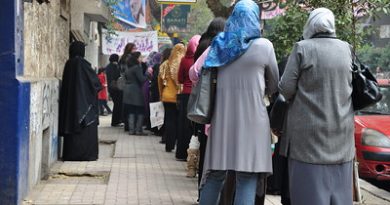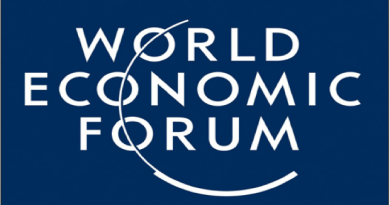‘Europe’s Last Dictator’ Wins Election in Belarus
By Angelo Piro
Staff Writer
On Sunday, October 11, Belarus headed to the polls to elect their president. Unsurprisingly, incumbent Alexander Lukashenko sailed to an easy victory. Lukashenko garnered 83.5 percent of the vote, while his closest opposition got less than 5 percent. With this landslide victory, “Europe’s Last Dictator,” a moniker bestowed upon Lukashenko by former U.S. President George W. Bush, entered his fifth consecutive term as president, extending his two-decade grip on the reclusive former Soviet state.
While the Lukashenko regime may have touted this victory as a sign of popular support, many observers have serious concerns on the conduct of the election.
Kent Hasted, head of the Organization for Security and Co-operation in Europe’s observer mission for the Belarusian election, said, “It is clear that Belarus still has a long way to go towards fulfilling its democratic commitments. The recent release of political prisoners and a more welcoming approach to observers were positive developments. However, the hope that this gave us for broader electoral progress was largely unfulfilled.”
The questionable nature of the elections was enhanced by the fact that Lukashenko did not actively campaign and was not specifically challenged by any of the other candidates, as all but one supported the president.
However, while the elections themselves seemed a forgone conclusion to some, the most important stage of the election was to come after. The appearance, or lack thereof, of opposition protests and the government’s response would determine the next steps. In the last election in 2010, there were large-scale protests met by a brutal crackdown by police.
Yet, this year’s election was met by only a few hundred protesters in the capital of Minsk. This may be a sign of apathy from opposition forces and overall acceptance of the “stability” under Lukashenko’s tight grip on power. This is a major source of the president’s public support, especially when the political situation in Belarus is compared to that of neighboring Ukraine.
The lack of response from opposition parties is exactly what Lukashenko needs as he courts European diplomats. Seeking to distance himself from an increasingly unpredictable Russia, Lukashenko has sought the support of European states by allowing observers to monitor elections, hosting peace talks on Ukraine in Minsk, and even refusing to host a Russian air base in Belarus. With the peaceful, albeit questionable, completion of this round of elections, Belarus stands a chance to have EU sanctions against them lifted as they face either renewal or expiration this October 31. The election could spell a new turnaround for Belarus, with closer ties to Europe in a time when relations with Russia are ever riskier.



